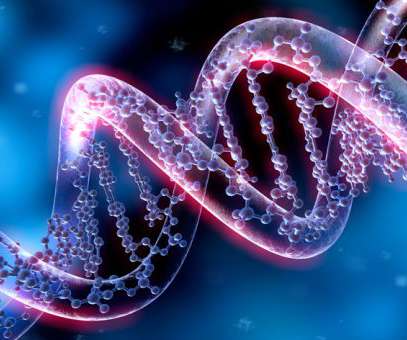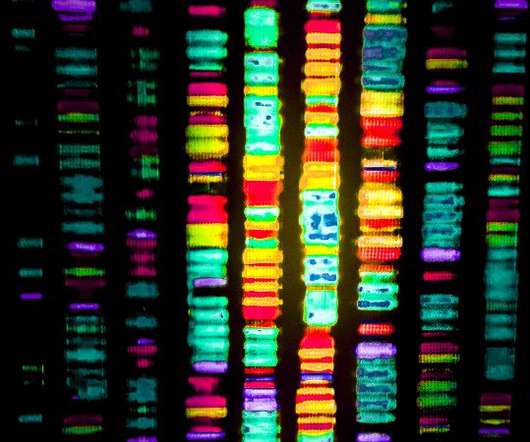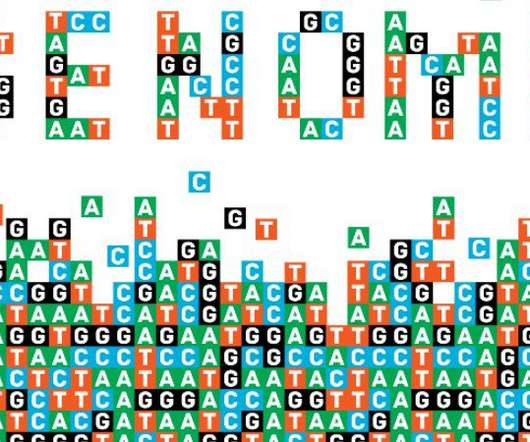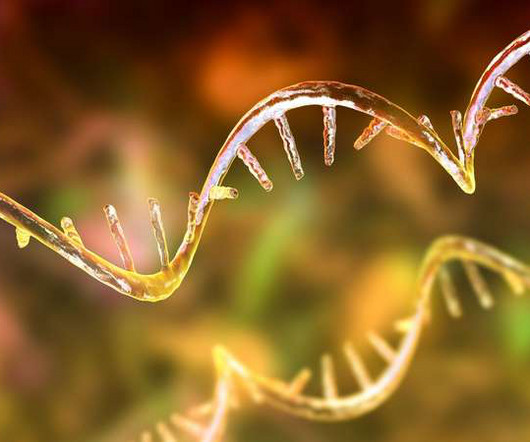STAT+: Ahead of genome summit in London, questions linger about CRISPR baby scandal
STAT News
MARCH 3, 2023
Next week, hundreds of scientists from around the world will convene in London for an international summit on genome editing. That technology, which enables scientists to easily excise, alter, or replace specific sections of DNA, was awarded the 2020 Nobel Prize for Chemistry.



















Let's personalize your content